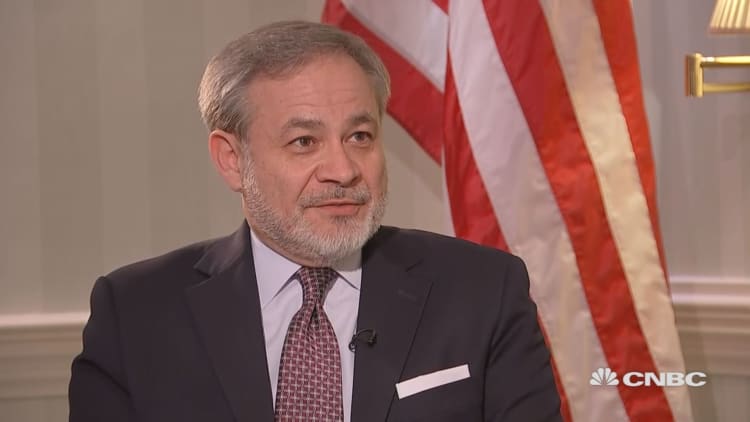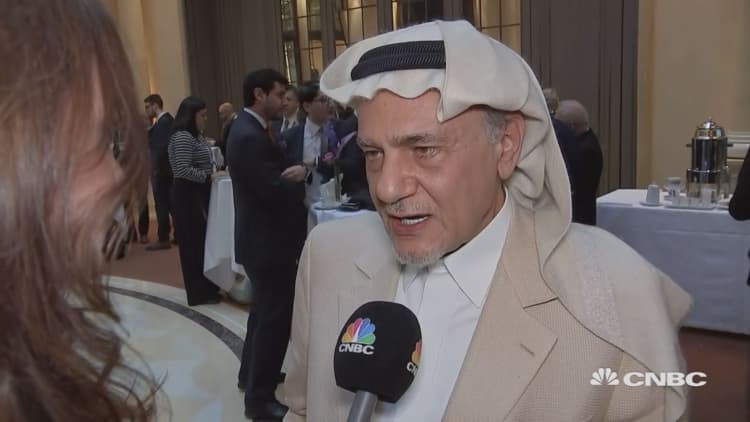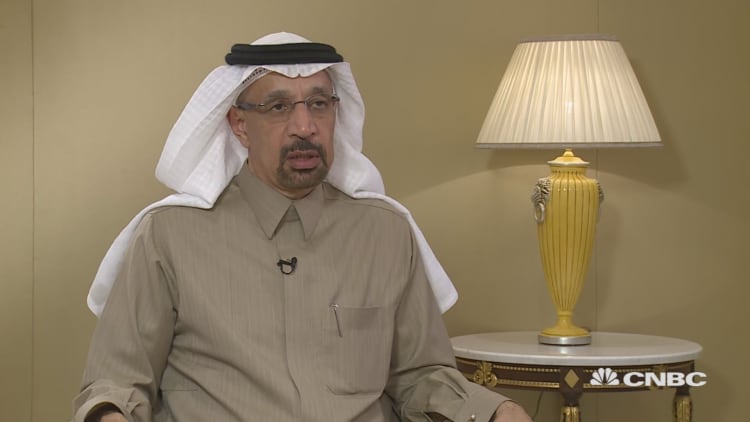
A representative of the United States government said Saturday that it would not help Saudi Arabia develop nuclear technology without guarantees that it would only be used for civilian purposes.
Saudi Arabia has put the U.S. on a shortlist with China, Russia and others to bid for nuclear power projects in the country. Washington sees Saudi Arabia as a big customer of American nuclear expertise and hardware, but lawmakers from both U.S. political parties are demanding a deal be based on tough controls.
Section 123 of the United States Atomic Energy Act of 1954, titled "Cooperation With Other Nations," sets an agreement for cooperation as a prerequisite for nuclear deals between the U.S. and any other nation. Under a "123 measure," any U.S. nuclear deal with Saudi Arabia would prohibit routes toward the making of nuclear weapons by banning enrichment of uranium or the reprocessing of plutonium.
Speaking to CNBC's Hadley Gamble at the Munich Security Conference on Saturday, the U.S. Deputy Energy Secretary Dan Brouillette, said such an agreement was imperative to any nuclear deal with Riyadh.
"We won't allow them to bypass 123 if they want to have civilian nuclear power that includes U.S. nuclear technologies."
The senior energy official said as countries pursued more environmentally friendly and emissions-free technologies, nuclear had to be a part of the conversation. And while countries should pursue nuclear energy technologies they must do so under a U.S. regime that prevents the proliferation of nuclear weapons.
"As you know this technology has a dual use and in the wrong hands it becomes a dangerous, dangerous world," said Brouillette.

The Saudis have so far refused to rule out their right to enrich uranium for nuclear weapons, pointing to neighboring Iran's ability to do so under the 2015 nuclear agreement that world powers struck with Tehran.
In an interview in March on CBS's "60 Minutes" Saudi Crown Prince Mohammed bin Salman said the country wasn't interested in developing weapons but would develop nuclear capability should Iran ever develop a working nuclear bomb.
On Sunday, Saudi Arabian Prince Turki Al-Faisal responded directly to Brouillette's words, saying the country had more options than just U.S. technology.
"Well the nuclear energy market is open. It is not just the United States that is providing nuclear technology," he told CNBC's Hadley Gamble in Munich.
"We have France, we have Russia, we have China. We have our friends in Pakistan and in other places as well, so if they want to remove themselves from that market, well, that's up to them."



